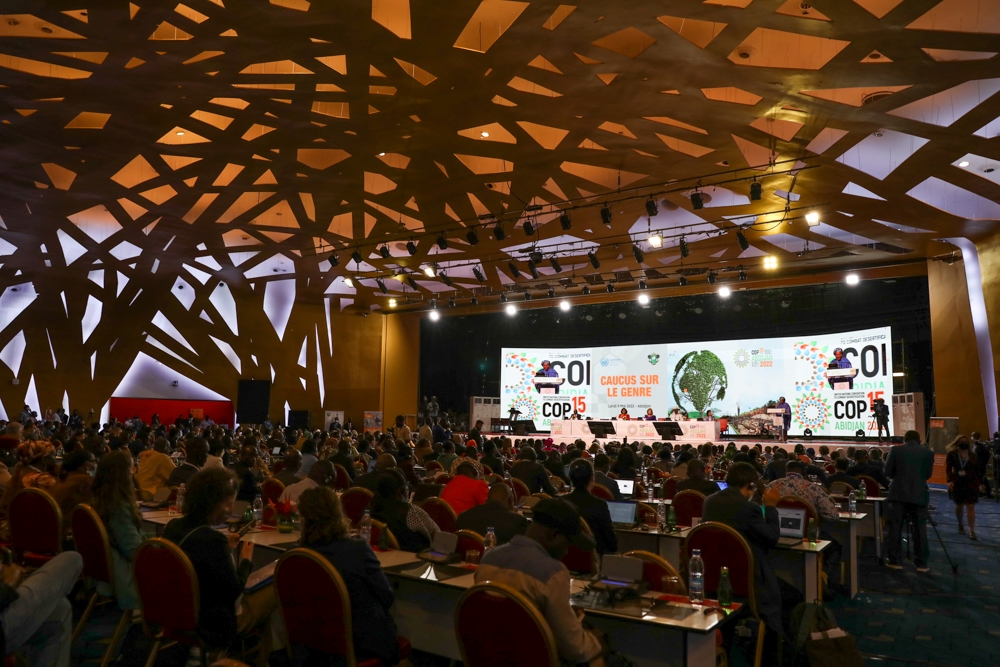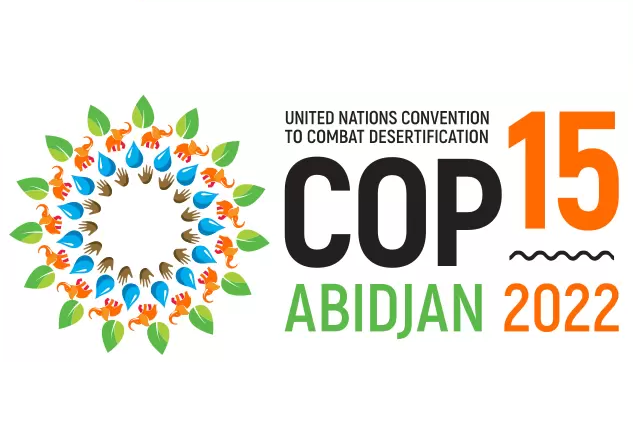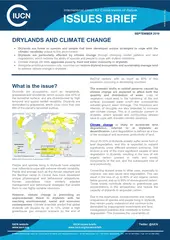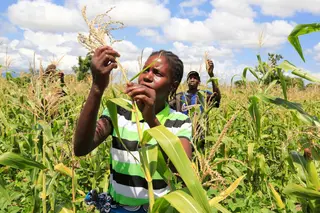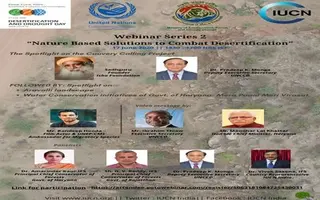The UNCCD has been ratified by 196 states plus the European Union. In 2015, parties to the convention adopted Land Degradation Neutrality (LDN) as a primary goal of the UNCCD. This is aligned with SDG Target 15.3.
IUCN has a long-standing partnership with the UNCCD and has actively influenced the evolution of the Convention, including the development, adoption, and implementation of LDN. IUCN is an institutional observer of the Science Policy Interface of the UNCCD, as well as a member of the Inter-Agency Task Force of the UN Decade on Deserts and the Fight against Desertification (UNDDD).
The partnership between the IUCN Secretariat and the UNCCD Secretariat is guided by a Work Plan and Memorandum of Understanding. The Joint Work-Plan 2021-2024 guides the partnership, with the overarching goal to support the achievement of LDN through the application of Nature-based Solutions, noting that they will ensure actions and policies that are gender responsive and transformative, respond to local societal needs, and deployed at sufficient scale.
